The Civil War has been an integral part of our travels, even though that was not a primary objective. We began, of course, in Atlanta, whose burning by Sherman's troops was an important event in bringing the war to a close and "Gone With the Wind" to a climax. We spent some time in Montgomery, where the vote for Alabama to secede was held. We saw various signs for battlefields off the interstates. And then came two very different and geographically close sites: Harper's Ferry, West Virginia and Gettysburg, Pennsylvania.
Harper's Ferry was the site of the attempted rebellion led by John Brown in 1859. Incensed by slavery, he attacked an armory there to try to get weapons for a slave rebellion. To some, he was a scoundrel - daring to attack the government itself, not knowing an even greater rebellion lay less than two years away. To others, he was a hero. When something is held to be morally wrong, some believe that you must do everything in your power to stop it; even violence. In 1861, after South Carolina, Virginia, and Alabama led the way to the formation of the Confederacy, Harper's Ferry was once again the scene of violence, with the armory and most of the town being laid to waste in bloody battles by the North and South.
A study in contrast is Gettysburg, only about two hours to the north, just over the famed Mason-Dixon Line that separates Maryland from Pennsylvania. The town of Gettysburg was smack in the middle of the bloodiest battle of the war, yet only one citizen was killed by a stray bullet (Jennie Wade, for those trivia fans out there). The battle lasted three days, with luck and a few bad decisions (Pickett's Charge, for example), deciding victory for the North. Yet on July 4, 1863, so many dead bodies lay strewn around the farms that they were often buried on the spot they died. Later, local officials decided to bury them just outside their local cemetery (which had even been the site of a battle itself - Cemetery Ridge). Within 5 months, it had become a National Cemetery and was dedicated by the great orator of the day Edward Everett, and the president, Abraham Lincoln. Everett spoke for two hours; Lincoln for two minutes. Everett was hailed by the press; Lincoln was ridiculed for his "silly comments" (which, by the way, was not composed on the back of an envelope). Which do we remember? There's a lesson to be learned somewhere in there.
Thousands died in those three days - 5000 alone in Pickett's Charge. Some from as far away as Indiana, Texas, and the Nebraska territory. For something they believed in: states' rights or union. I'm not sure I could or would do the same.
Subscribe to:
Post Comments (Atom)

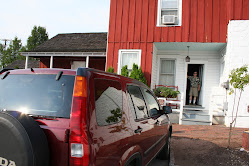
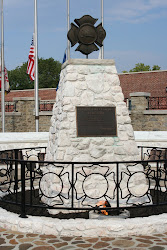
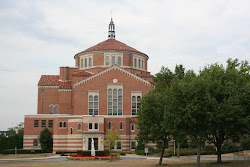

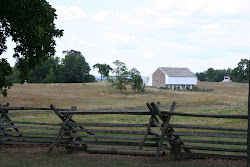
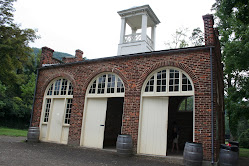
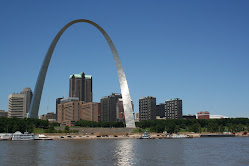
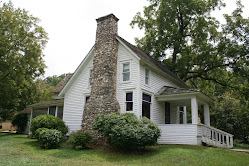
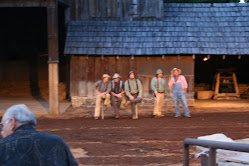
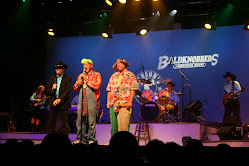
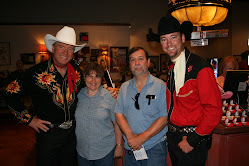


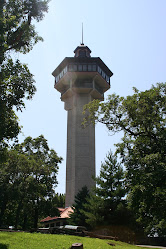
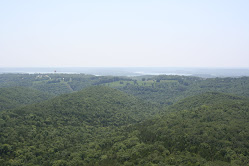
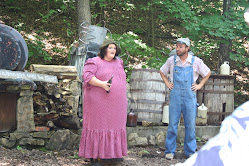
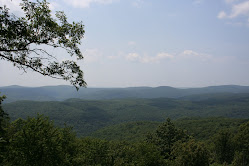
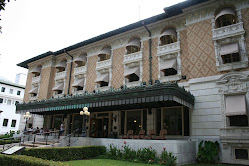
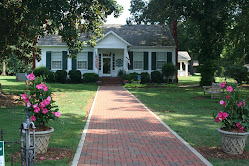
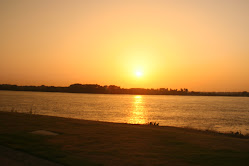
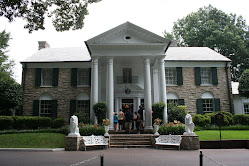
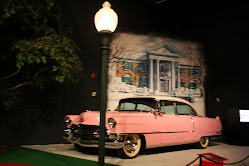
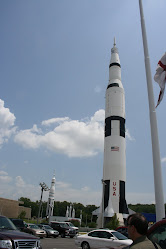
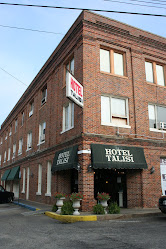



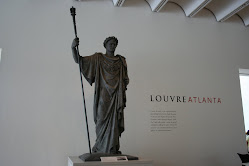



No comments:
Post a Comment